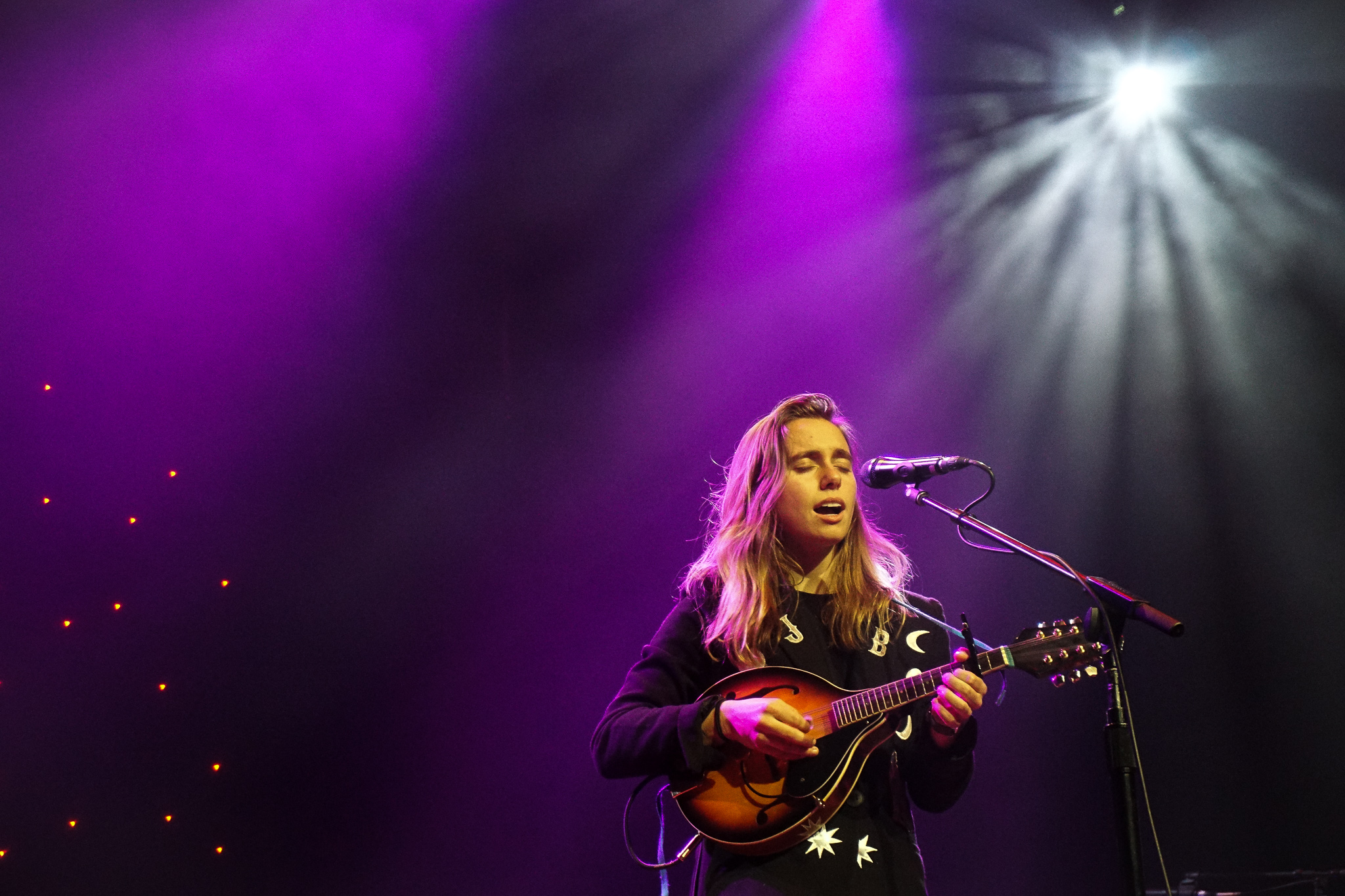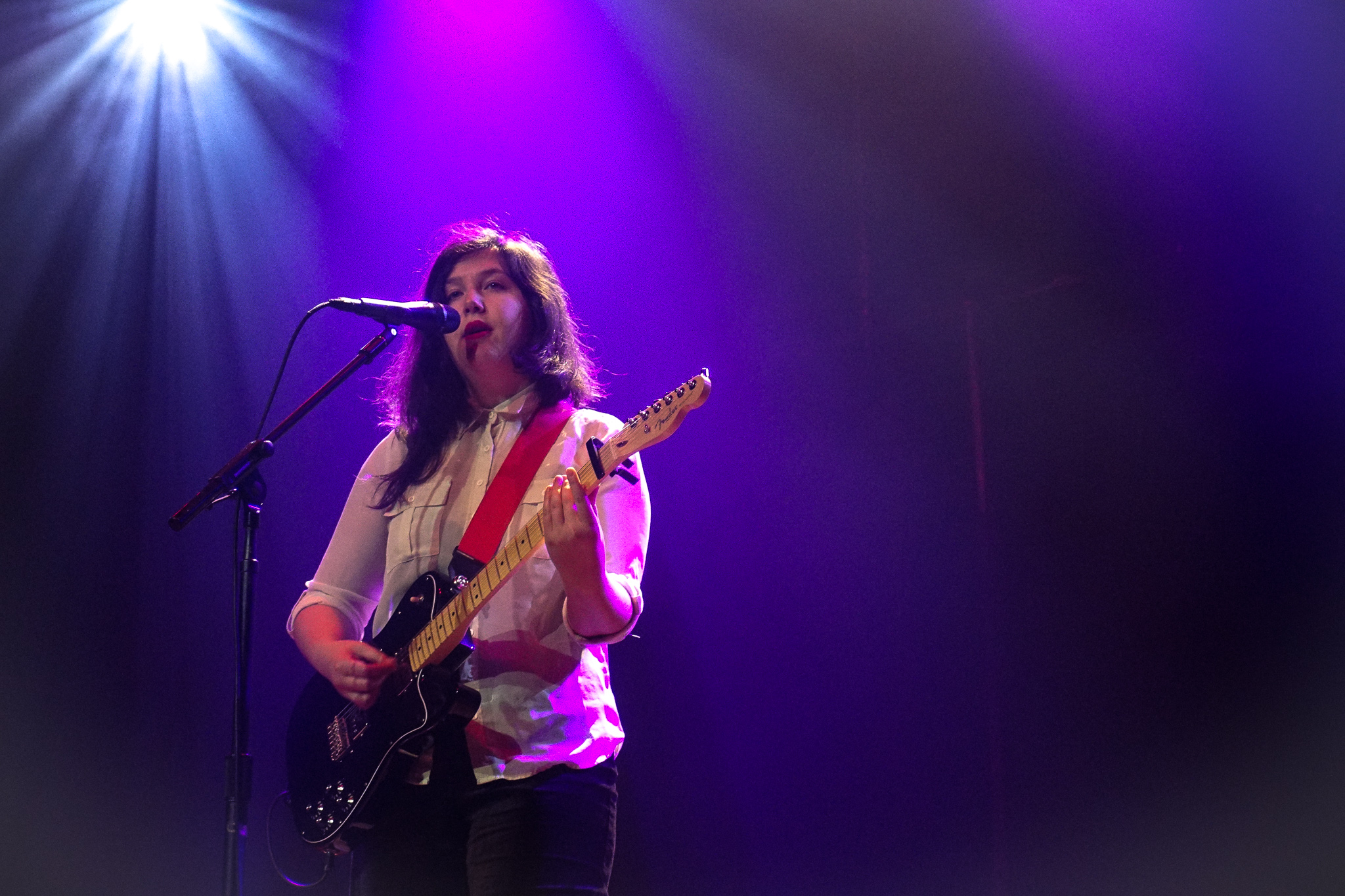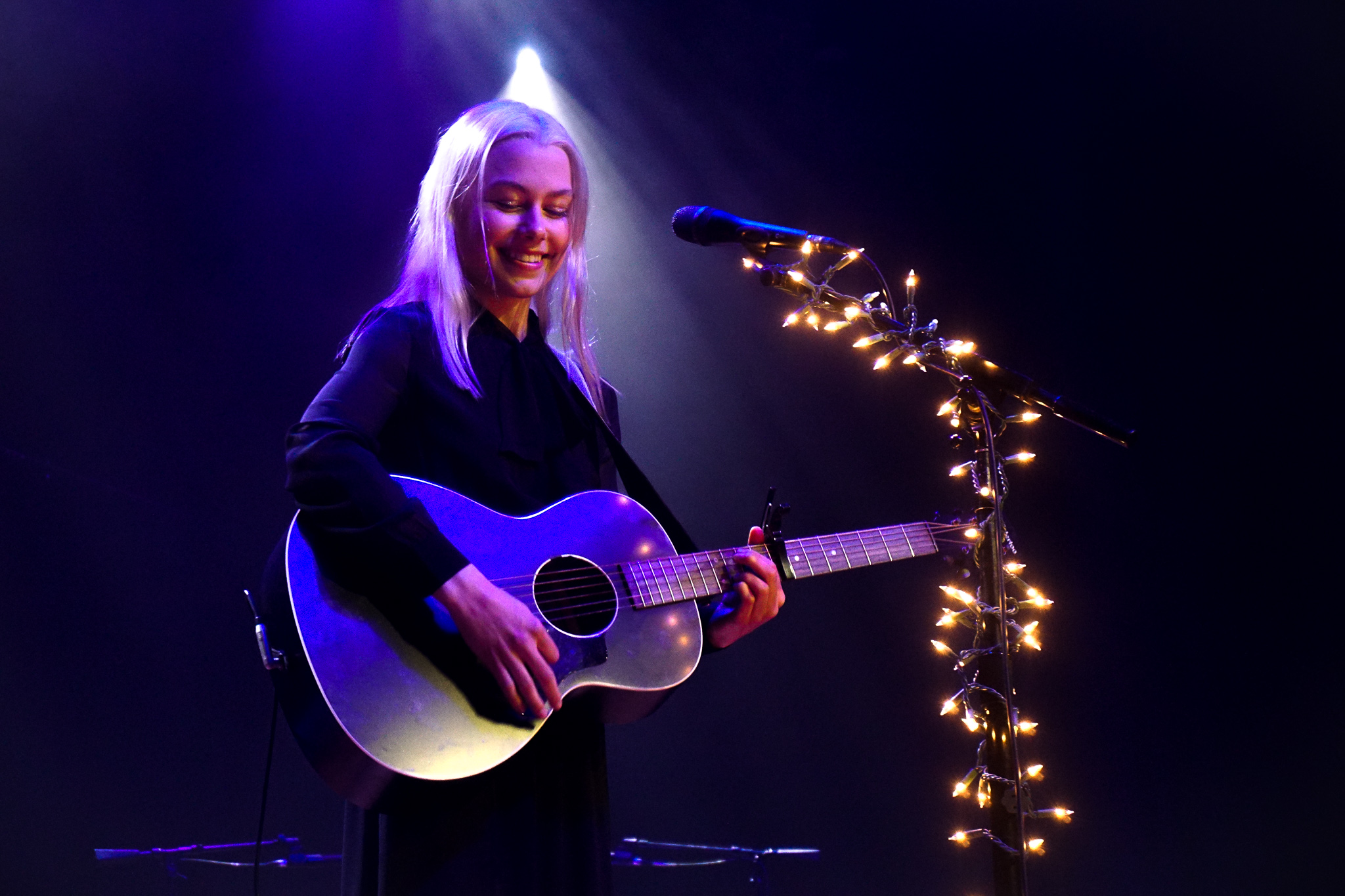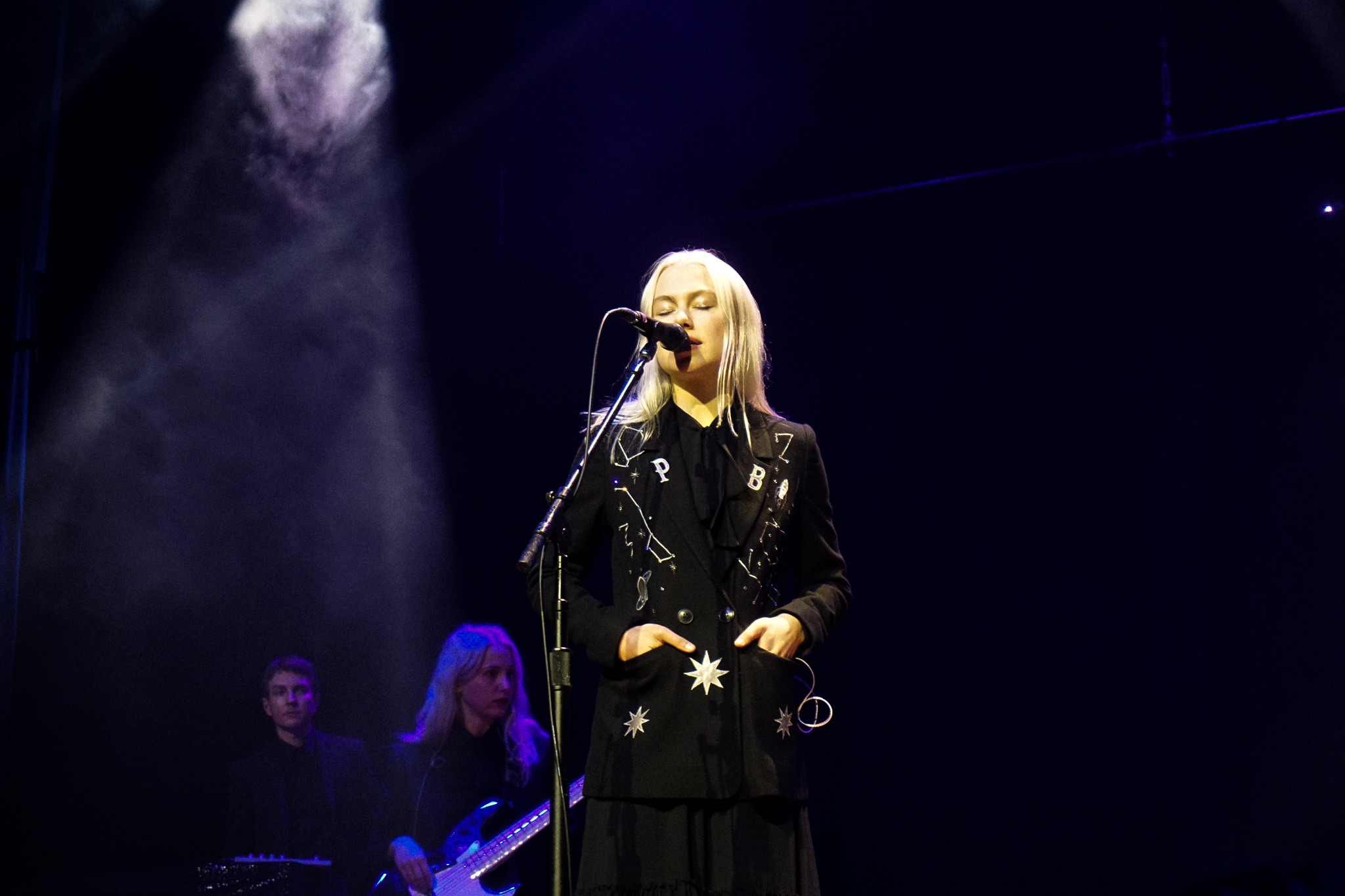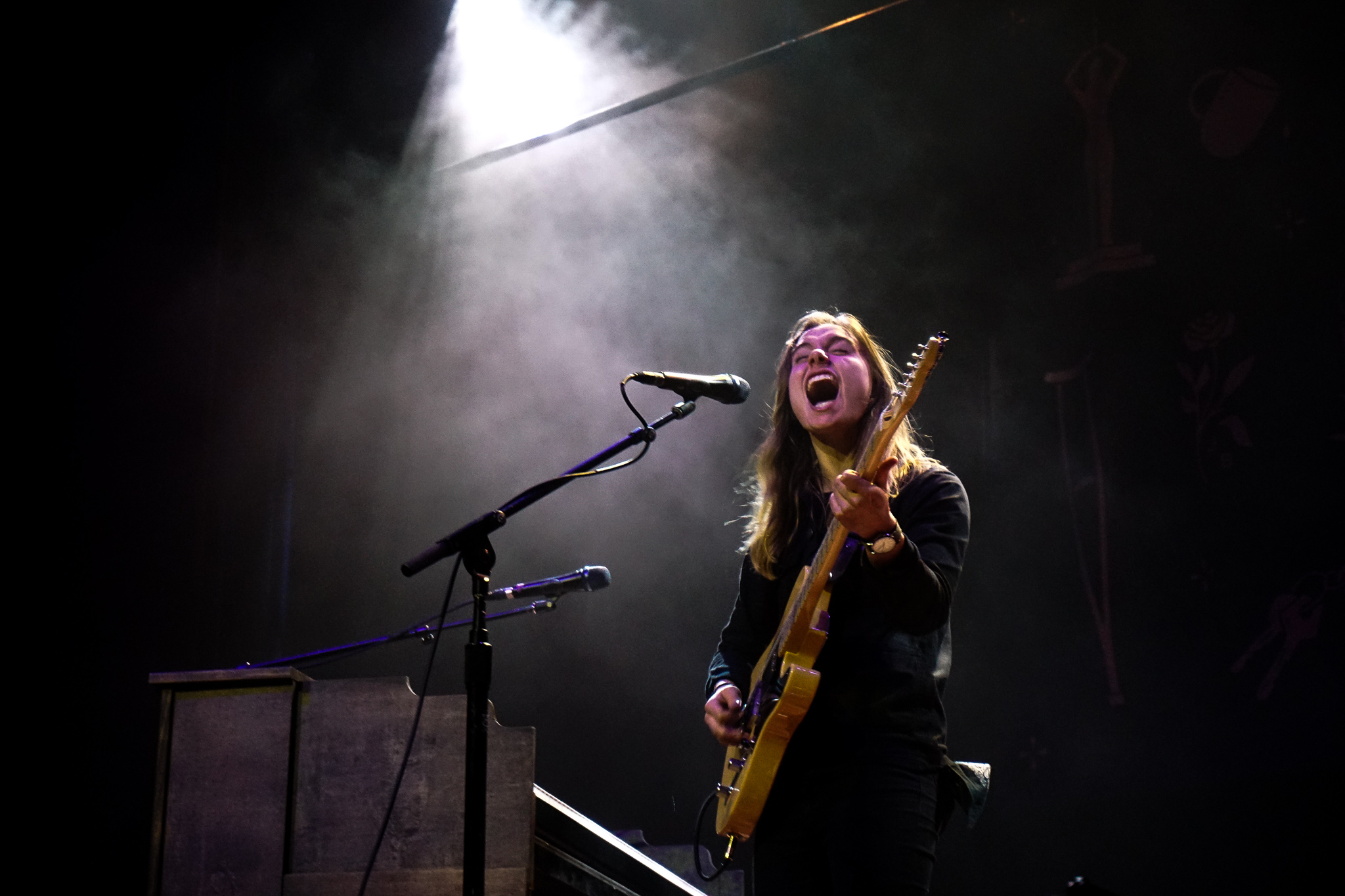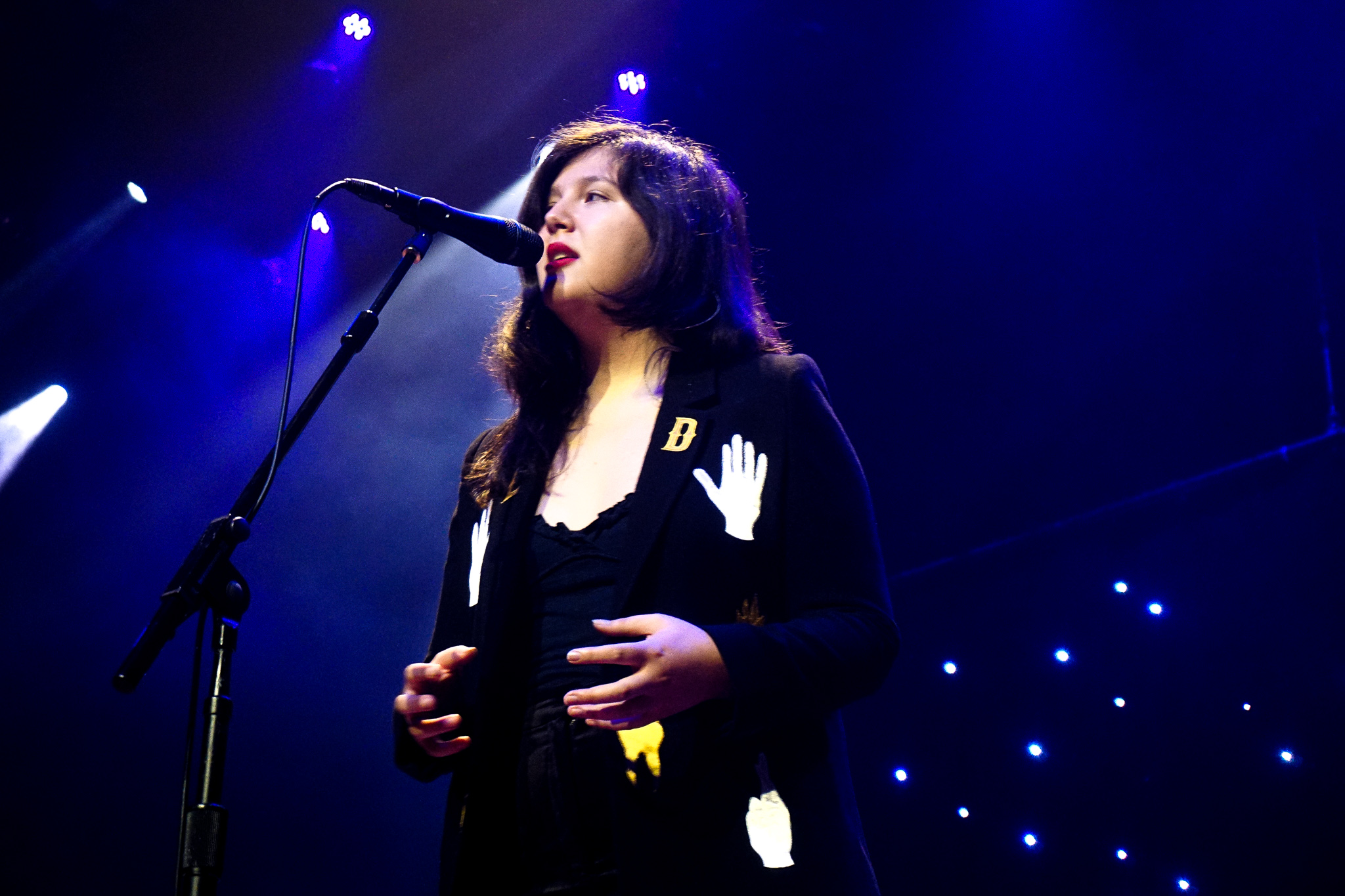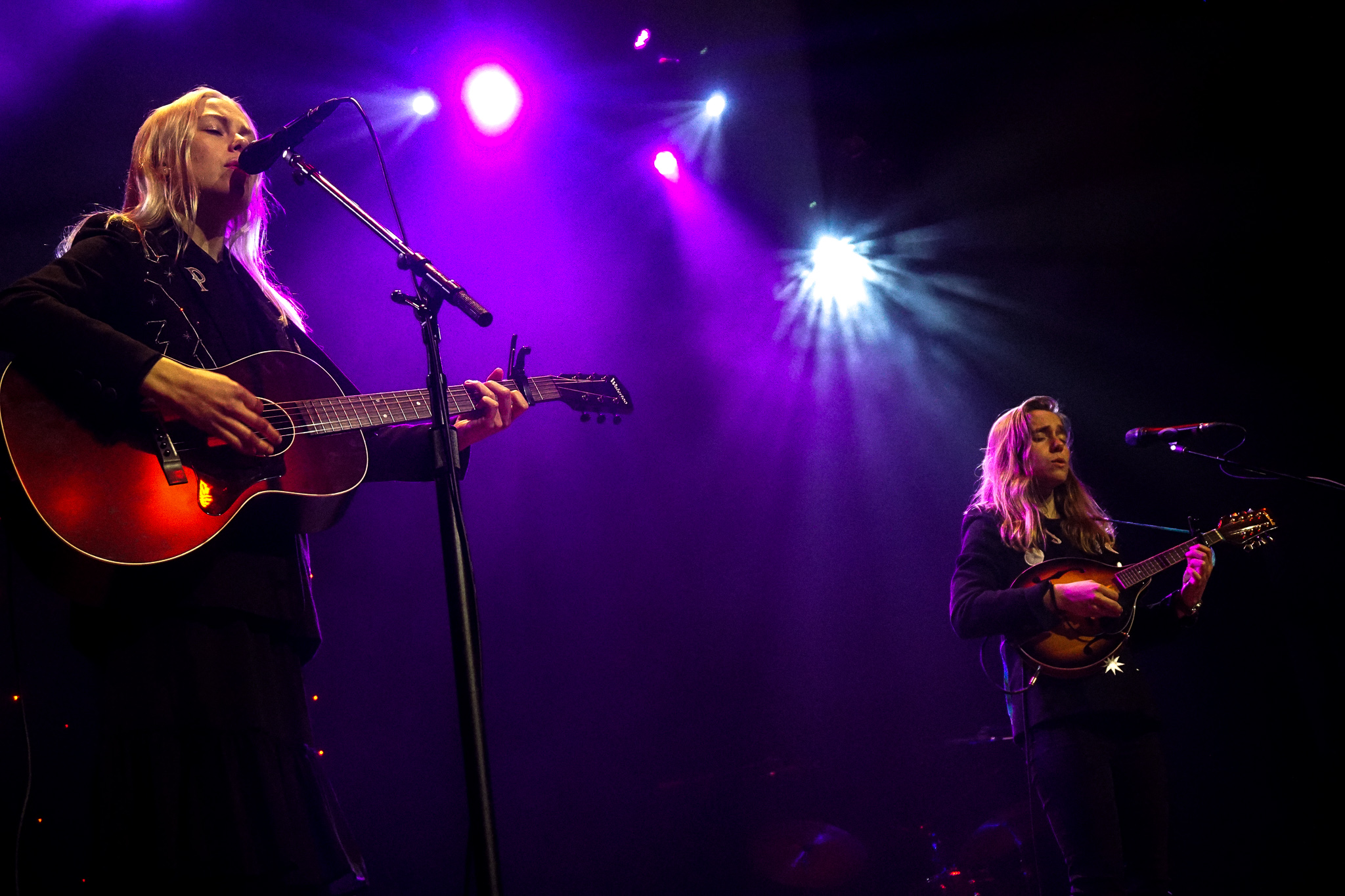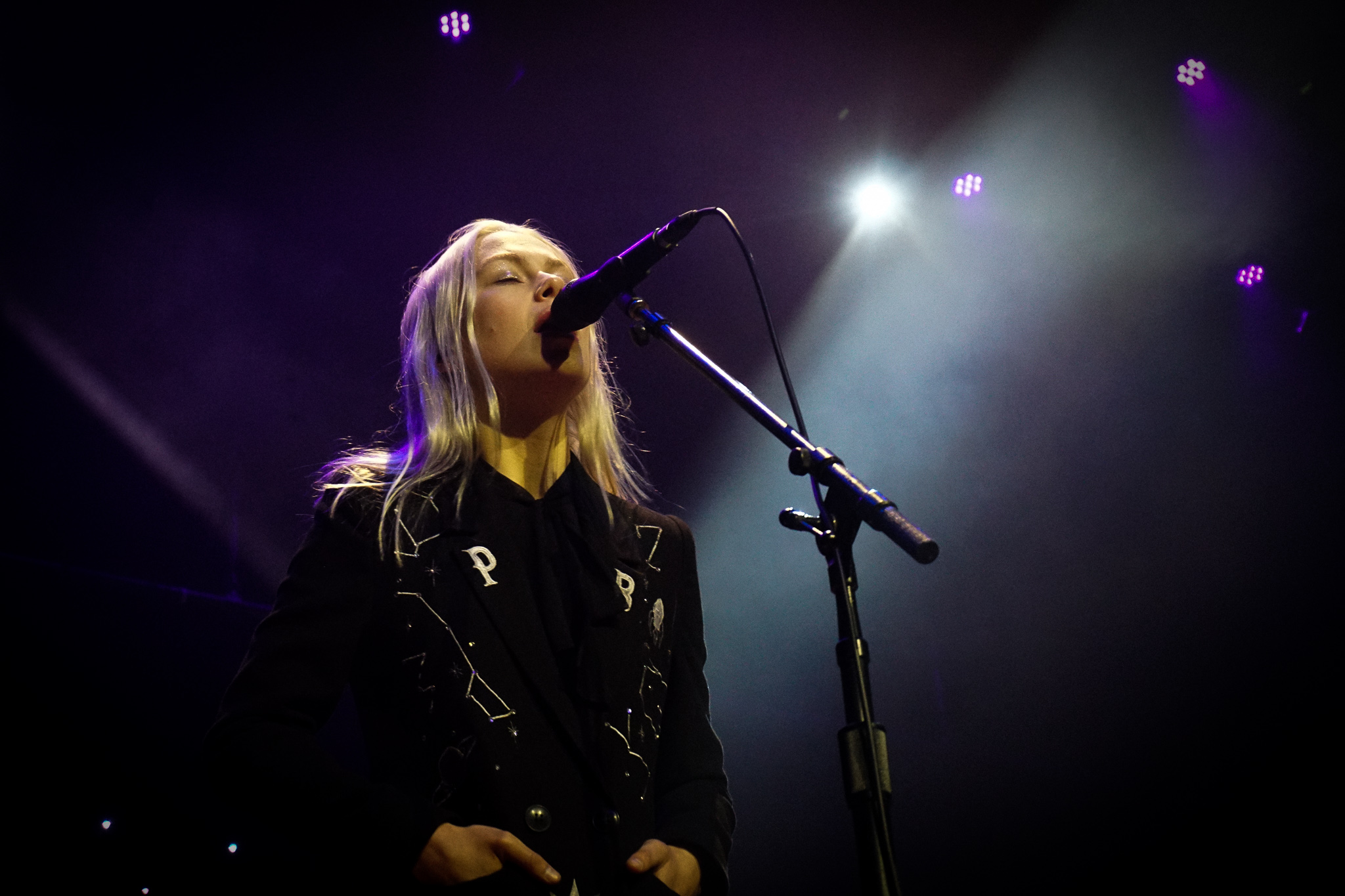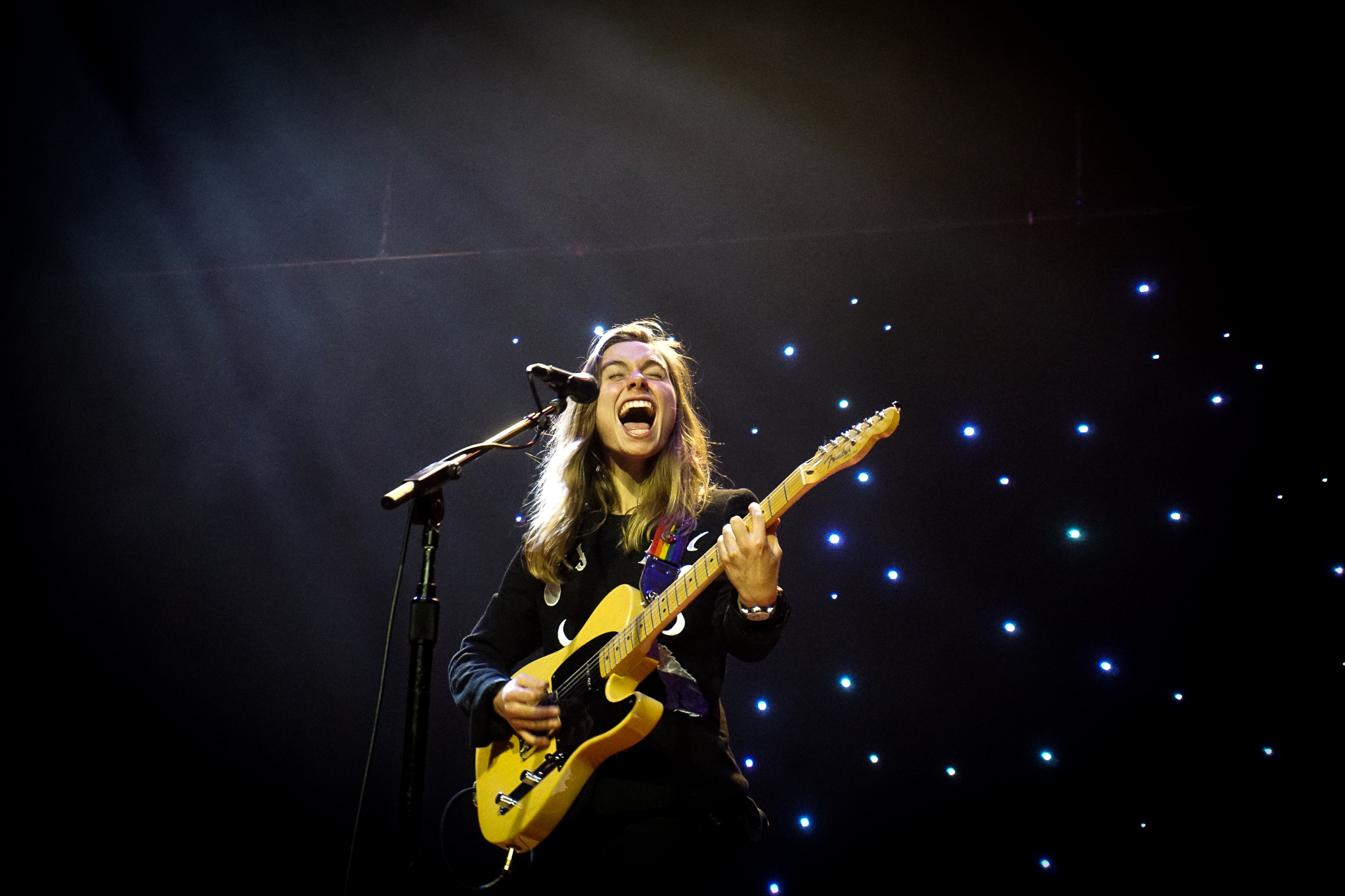Now/It's: boygenius (Julien Baker, Lucy Dacus, Phoebe Bridgers) at Ryman Auditorium

Where does one begin in summarizing a phenomenon that’s held the lion’s share of attention within the (indie) music media world for the better part of two years?
In this particular instance, somewhere in the Summer of 1997, amidst a (not so) little touring festival by the name of Lilith Fair.
The brainchild of Sarah McLachlan (pre-ASPCA commercial fame) and a number of early indie suit-types, Lilith Fair was a touring musical festival consisting solely of female solo artists and female-led bands that took place from 1997 to 1999.
Lilith Fair’s original iteration featured a who’s who of artists and performers of the day - Bonnie Raitt, Emmylou Harris, McLachlan, Indigo Girls, Erykah Badu, Pat Benatar, Patty Griffin, Fiona Apple, Mary Chapin Carpenter, Lauryn Hill, Nelly Furtado, Christina Aguilera, Dido, Sheryl Crow, Paula Cole, and a bunch more - a far cry from the male-heavy festival lineups of today’s day and age. It was a powerhouse. It was a force to be reckoned with in the moment.
But over time, certain artists’ stars grew and others’ fizzled out, and Lilith Fair went dormant after 1999, only to be revived for one last (stunted) hurrah in 2010. The revival tour of Lilith Fair featured many a familiar name from the old lineup - McLachlan, Harris, Indigo Girls, Badu - as well as new additions - Cat Power, Brandi Carlile, Mary J. Blige - but dropouts, scheduling issues, and lackluster ticketing sales saw the revival go out with more of a ripple than a wave.
Forever and always, Lilith Fair will be one of the shining moments of empowerment in the annals late 20th century music history, raising $10 million in the festival’s initial three years. Unfortunately, it didn’t have the lasting impact one might have hoped for, in terms of the headlining power of women in music. Per a Pitchfork study, 2018 saw a 5% increase in the number of female artists performing at festivals.
Obviously, there’s a long way to go, but continued criticism of festivals’ imbalance would suggest that things will change in the near future, but most in the world of indie music and general music progressivism know better than to sit back and wait for Live Nation and Goldenvoice to lead the charge.
So once more, the modern age of music progressivism could use for another Lilith Fair. Or at least something similar in spirit, which leads us to boygenius.
The aforementioned “phenomenon” from our lead, boygenius are uniquely positioned to create a more intimate atmosphere that Lilith Fair presented on a broad scale. That’s not to say Lilith Fair was the inspiration for Julien Baker, Lucy Dacus, and Phoebe Bridgers’ assembling indie music’s hottest “supergroup” this side of Broken Social Scene or I’m With Her.
In fact, it would appear as thought the trio of indie luminaries simply formed boygenius out of a mutual admiration and desire for affirming musical union, which is awesome.
Now is the time for taking matters into one’s own hands, and boygenius is exactly that. Rather than sitting back, waiting for confirmation through streaming numbers or ticket pre-sales, boygenius went out and did things their way.
Self actualized and affirmed in each other’s aptitudes and not so’s, Baker, Dacus, and Bridgers have created a force to be reckoned with of their own. Their boygenius EP is truly remarkable, and arguably one of the best of the year, and it was purportedly recorded in four days at Sound City Studios.
Throw that on top of an intrepid headlining tour after each individual member has spent more than their fair share of the past two years on the road and in the hearts and minds of indie faithful, and you’ve got yourself a full head of steam as the most talked about indie initiative over the past two years.
So when boygenius arrived at the Mother Church to kick off the aforementioned headlining tour, there was little to no doubt in my mind that it would be an overwhelming success. Each individual member was at the peak of her influence, and I’d be confident in assuming that Nashville is a stronghold of their collective following. Lo and behold, that was exactly the case.
It might help that Dacus, Bridgers, and Baker all made it very apparent that the venerate presence of the Ryman stage was not lost upon them. Dacus made mention of waking up at 5am due to sheer excitement at the prospect of that evening. Bridgers expressed the distinct level of nervousness she was experiencing playing songs she’d toured upon for two years. Baker took time to extend extreme gratitude to all who came, and their audience returned the favor. As each individual member took time to run through abbreviated sets of their own music, the finish of every set was met with literal standing ovations. The performances were exceptional and the evening was absolutely sublime.
Unlike the Lilith Fair tours of the late 90s, the boygenius show was in service of the combined talents of Baker, Bridgers, and Dacus, and that set did not disappoint either. It was one of the most idyllic evenings at the Ryman, and no doubt a moment that will be memorialized long after it’s passed. So while boygenius’ long-term impact remains to be seen, there is no doubt in my mind that it will help extend progressivism in music as a whole. The music of boygenius is a unique facet of the music world during a pivotal moment in our collective history, and it is sure to stand the test of time.

